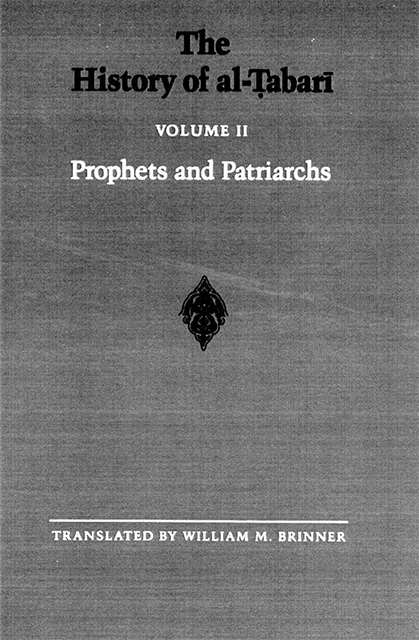
- Muhammad ibn Jarir al-Tabari
- State University of New York Press
- Franz Rosenthal
- 1989
- 220
- 26709
- 9426
- English
- 8291
The History of Al-Tabari Volume 2
The History of al-Tabari :Tarikh al-Rusul wa’l muluk ‘Annals of the Apostles and Kings’ ,by Abu Ja’far Muhammad b Jarir al-Tabri (839-923). It is by common consent the most important universal history produced in the world of Islam.
Prophets and Patriarchs
This volume records the lives and efforts of some of the prophets preceeding the birth of Mohammad. It devotes most of its message to two towering figures–Abraham, the Friend of God, and his great-grandson, Joseph.
The story is not, however simply a repetition of Biblical tales in a slightly altered form, for Tabari sees the ancient pre-Islamic Near East as an area in which the histories of three different peoples are acted out, occasionally meeting and intertwining.
Thus ancient Iran, Israel, and Arabia serve as the stages on which actors such as Biwarasb, the semi-legendary Iranian king, Noah and his progeny, and the otherwise unknown Arabian prophets Hud and Salih appear and act.
Before proceeding to the story of Joseph, which is recounted in great detail, we linger over the accounts of two figures associated with ancient Arabia in Muslim tradition: the Biblical Job, who despite his trials and sufferings does not rail against God, and Shu’ayb, usually associated with the Biblical Jethro, the priest of Midian and father-in-law of Moses.
Finally we meet Joseph, whose handsome appearance, paternal preference, and subsequent boasting to his brothers lead to his being cast into a pit and ending up as a slave in Egypt.
His career is traced in some detail: the attempted seduction by Potiphar’s wife, his imprisonment and eventual release after becoming able to interpret dreams, and his rise to power as ruler of Egypt.
Source: kalamullah















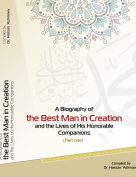
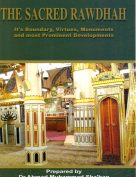
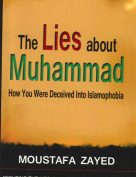
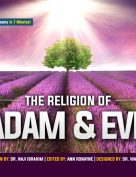
 Afar
Afar Afrikaans
Afrikaans Akan
Akan Albanian
Albanian Amharic
Amharic Armenian
Armenian Assamese
Assamese Avari
Avari Azerbaijani
Azerbaijani Basaa
Basaa Bengali
Bengali Bosnian
Bosnian Brahui
Brahui Bulgarian
Bulgarian Burmese
Burmese Catalan
Catalan Chami
Chami Chechen
Chechen Chichewa
Chichewa Circassian
Circassian Comorian
Comorian Czech
Czech Danish
Danish Dutch
Dutch Estonian
Estonian Finnish
Finnish Fulani
Fulani Georgian
Georgian Greek
Greek Gujarati
Gujarati Hausa
Hausa Hebrew
Hebrew Hungarian
Hungarian Icelandic
Icelandic Indonesian
Indonesian Ingush
Ingush Japanese
Japanese Jawla
Jawla Kannada
Kannada Kashmiri
Kashmiri Katlaniyah
Katlaniyah Kazakh
Kazakh Khmer
Khmer Kinyarwanda
Kinyarwanda Korean
Korean Kurdish
Kurdish Kyrgyz
Kyrgyz Latvian
Latvian Luganda
Luganda Macedonian
Macedonian Malagasy
Malagasy Malay
Malay Maldivian
Maldivian Maranao
Maranao Mongolian
Mongolian N'ko
N'ko Nepali
Nepali Norwegian
Norwegian Oromo
Oromo Pashto
Pashto Persian
Persian Polish
Polish Portuguese
Portuguese Romani - gypsy
Romani - gypsy Romanian
Romanian Russian
Russian Serbian
Serbian Sindhi
Sindhi Sinhalese
Sinhalese Slovak
Slovak Slovenian
Slovenian Somali
Somali Swahili
Swahili Swedish
Swedish Tagalog
Tagalog Tajik
Tajik Tamazight
Tamazight Tashamiya
Tashamiya Tatar
Tatar Thai
Thai Tigrinya
Tigrinya Turkish
Turkish Turkmen
Turkmen Ukrainian
Ukrainian Urdu
Urdu Uyghur
Uyghur Uzbek
Uzbek Vietnamese
Vietnamese Yoruba
Yoruba Zulu
Zulu